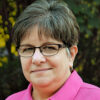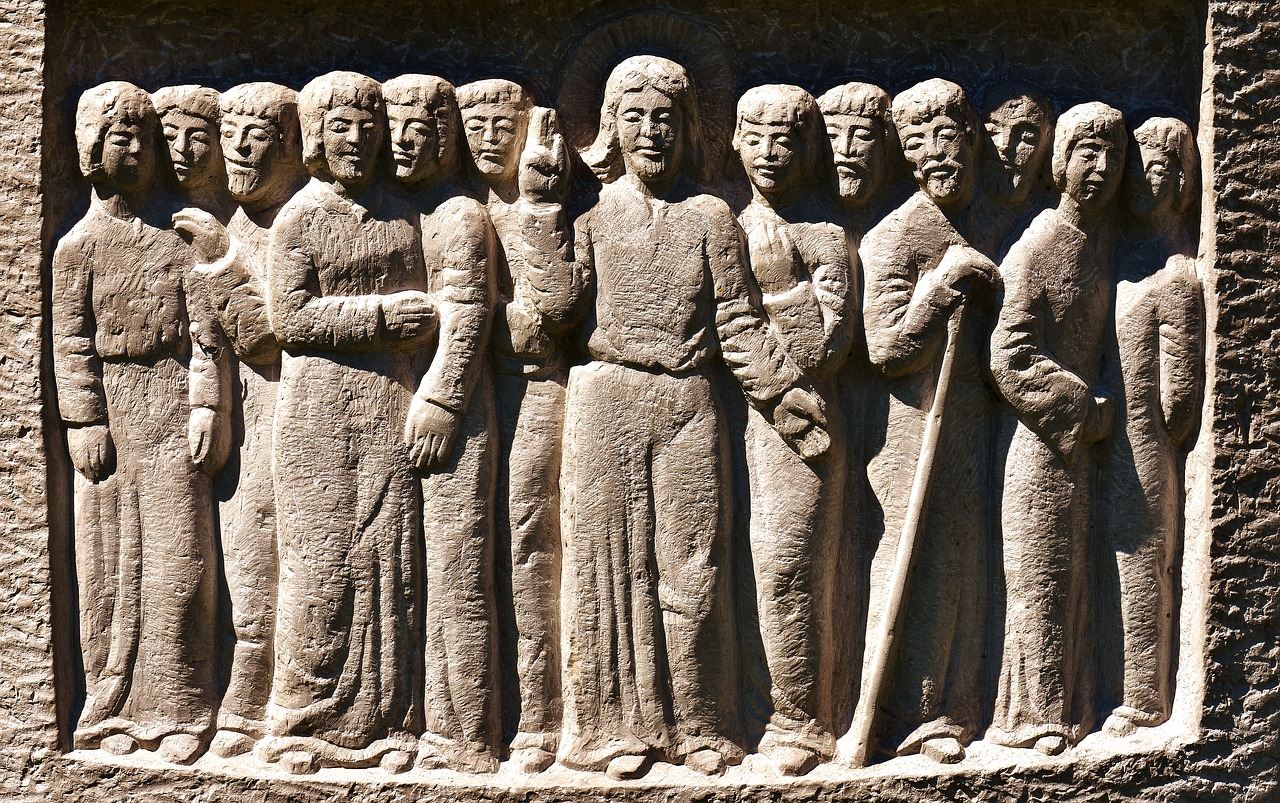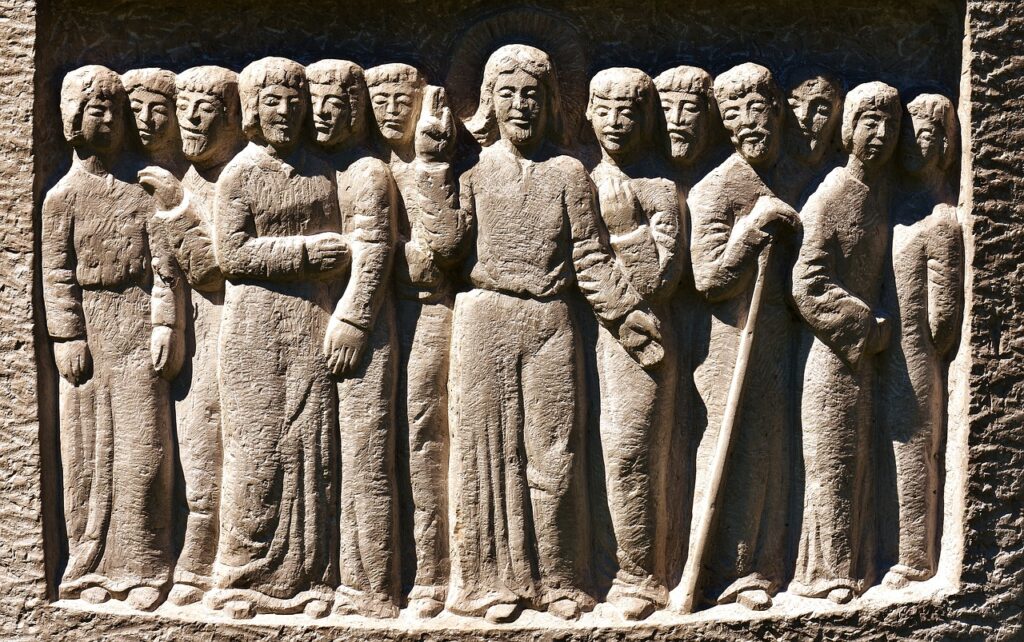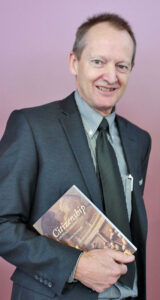A group of men and women travelled the dusty roads, meeting people, eating together, hearing stories, pondering deep sayings, seeing miracles and conversing with their leader.
They asked him about justice and poverty, about their neighbours and their enemies. They wanted to know who deserved to sit in the important seats. They had questions about points of the law and about correct religious practice. What did the coming reign of God look like? they wondered.
Two thousand years later, some of their activities and questions seem familiar.
Their leader—and ours—started his public ministry with a revolutionary message: sight for the blind ones, freedom for the prisoners, good news for people struggling with poverty, freedom for people under oppression (Luke 4:18-19). These miraculous things would be accomplished through the power of God and the efforts of God’s people living lives of faithfulness.
If they had had the chance, how would the diverse disciples have voted in matters affecting their community and their land? The group included a collector of taxes for the empire, people who fished for a living and a political revolutionary. Surely their perspectives would have been quite different. What would the women who provided financial resources to Jesus’s group have to say about gender equality and about wealth? How might those accustomed to hard manual work have responded to issues of labour justice?
We can only guess. But we modern disciples have in our hands the teachings and example of our beloved leader, the reality of the Resurrection behind us, and the opportunity, as citizens, to participate in a democracy.
As citizens of Canada prepare to vote on Oct. 21, 21st-century disciples would do well to remember the unique nature of God’s reign, as exemplified and taught by Jesus. It has been called the “upside-down kingdom,” a reality in which the lowly members of society are raised up and the high are brought down, where children are precious and powerful ones are called to accountability. In this commonwealth, enemies are to be loved and the hungry ones have enough to eat. This is a reality in which material things grant no status, but people invest instead in the “treasures” of heaven: kindness, generosity and peace. In this reign, even the birds of the air and the flowers of the field have value. In God’s reign, past misdeeds are forgiven and mercy flourishes for all who choose to accept it.
How can today’s disciples vote as we live out the values of the upside-down kingdom? In the weeks leading up to the election, we’re considering what matters to us and to our communities. And we’re choosing who will sit on the “important seats” of this country. Living in a worldly empire, we dream of God’s reign, when things on earth will be as they are in heaven.
In the meantime, let’s have thoughtful, respectful conversations about the political choices facing us and the values we care about. Let’s pray for our country’s leaders and encourage them to practise justice and mercy. For some helpful resources, check out these:
- Mennonite Central Committee calls for “advocacy for justice, peace and human dignity,” and offers three non-partisan resources: 2019 Federal Election Resource, MCC Election Resource Companion Guide, and MCC’s Tips for Respectful Dialogue.
- Kairos is a faith-based social justice organization of Canadian churches and religious organizations. Download its Federal Election Resource 2019 by clicking here.
- Citizens for Public Justice encourages support of “policies and practices which reflect God’s call for love, justice and the flourishing of creation.” You can download its 2019 Election Bulletin: Shaping a Just Canada from cpj.ca/2019-federal-election.
- Canadian Council of Churches is an ecumenical body of which Mennonite Church Canada is a member. See the Justice, and Only Justice, Shall You Pursue: 2019 Federal Election Guide at councilofchurches.ca/news/2019-federal-election-guide.
- Evangelical Fellowship of Canada, which MC Canada belongs to, released various resources including Federal Election 2019: Faith, Voting and Political Engagement. For this and more, click here.
In the midst of heated campaigns and political debates, today’s disciples must remember their primary citizenship in the upside-down kingdom. How will our choices demonstrate Christ’s call to love God and love our neighbours, above all else?
Related story:
Politics and paper cranes
Read more editorials:
The zucchini principle
Digital church
Broad prayers in a time of fear
A word to our digital subscribers
The Spirit is moving our body









Leave a Reply
You must be logged in to post a comment.